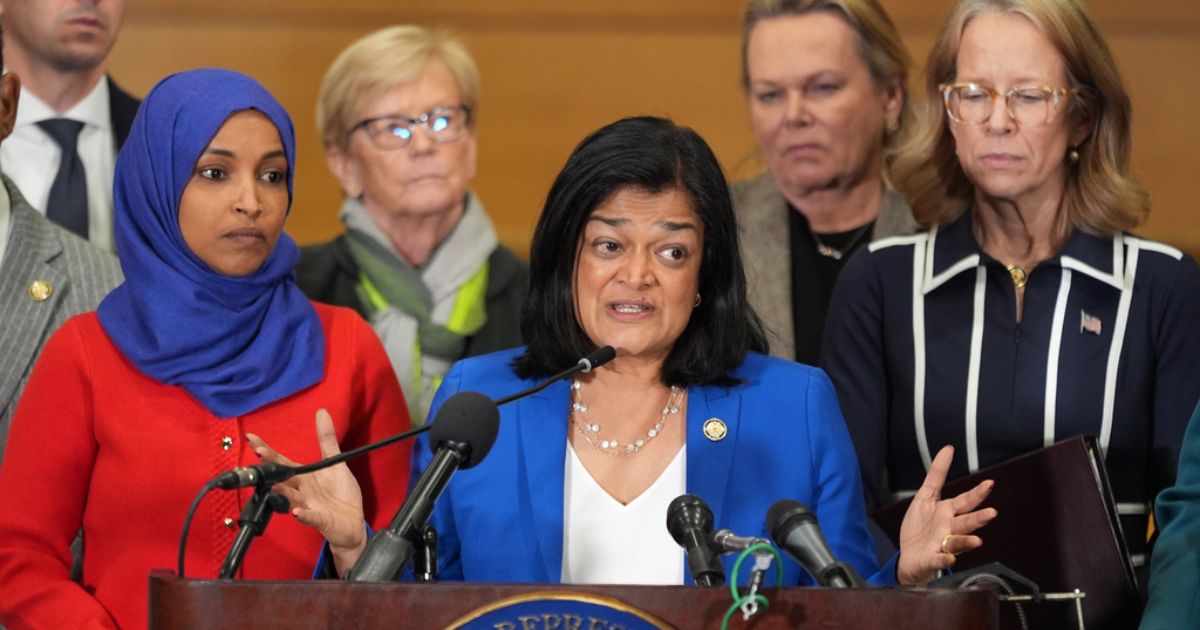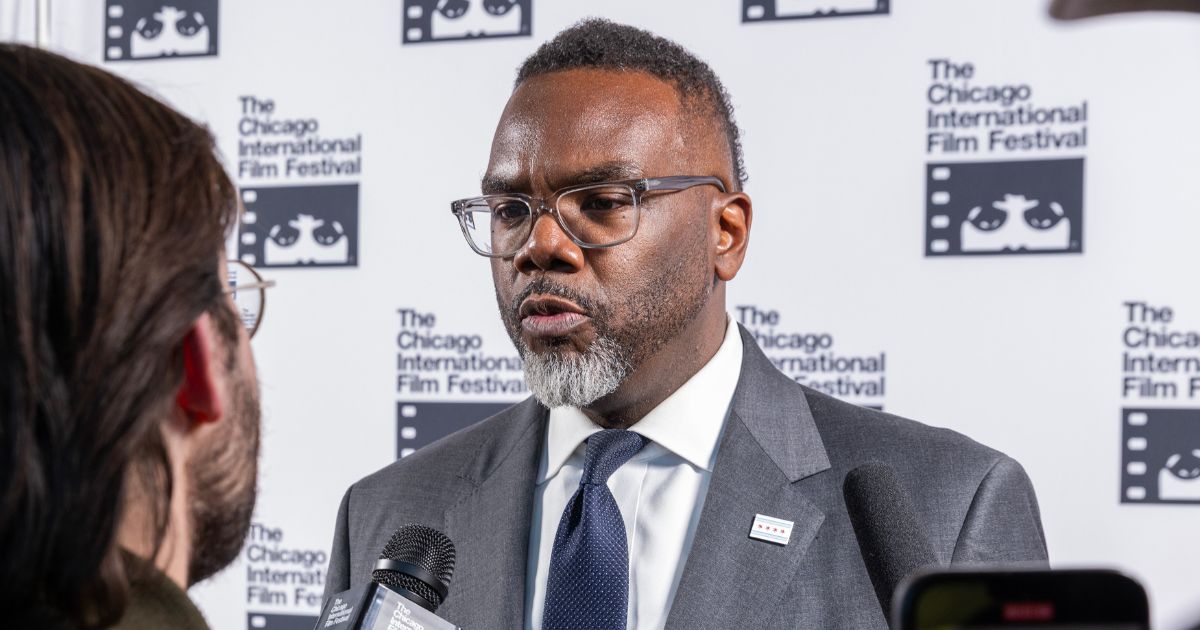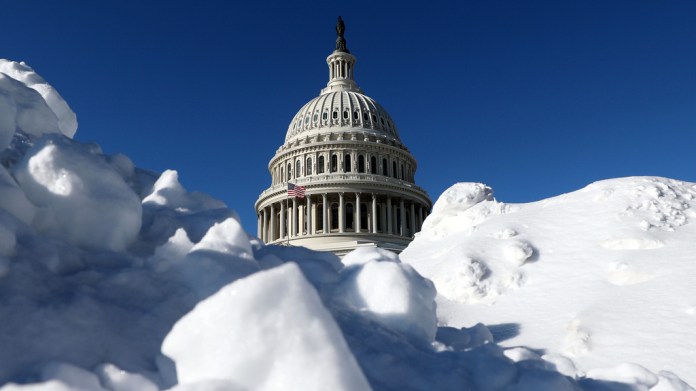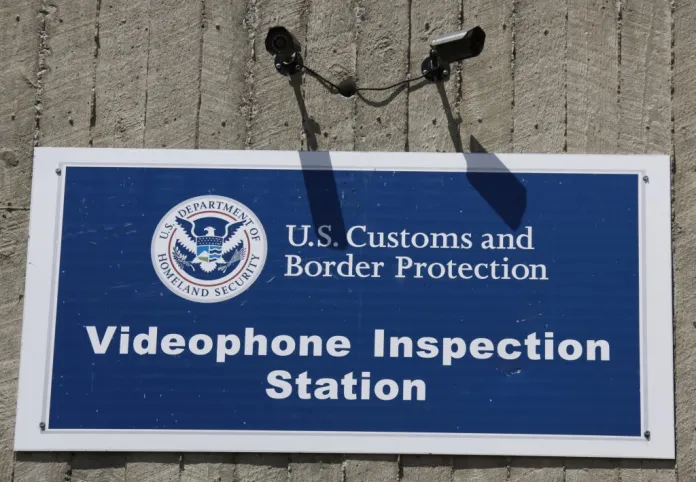Chicago mayor: ‘We do not have a spending problem’
The article reports on Chicago Mayor Brandon Johnson’s response to concerns about the city’s budget. Despite increasing goverment spending and a growing budget deficit, Mayor Johnson insisted that Chicago does not have a spending problem but rather a revenue challenge. His fiscal sustainability working group, which included union leaders and city council allies, concluded that revenues need to be addressed, not spending cuts. The city’s budget grew from $16.6 billion in 2024 to $17.1 billion this year, with the deficit rising from $1.12 billion to $1.15 billion.
Though the working group suggested raising property taxes along with inflation, Johnson disagreed, noting that Chicago residents and businesses already face some of the highest taxes in the country. Current tax burdens include commercial property taxes over twice the national average and some of the highest gas taxes nationally.Simultaneously occurring, the city council is considering new revenue measures such as a proposed grocery tax and legislation to legalize video gaming terminals (VGTs), which could generate $60 to $100 million in revenue to fund pensions.
Mayor Johnson has expressed opposition to VGTs, but Alderman Anthony Beale argues that the city must explore additional revenue sources beyond increasing property taxes, ticket fees, or garbage fees. The city council’s Licence and Consumer Protection Committee recently approved the VGT ordinance, with a full council vote pending. The article highlights the ongoing debate over how Chicago should address its fiscal challenges amid rising spending and deficits.
Chicago mayor: ‘We do not have a spending problem’ as spending, deficit grows
(The Center Square) – Mayor Brandon Johnson says Chicago does not have a spending problem, even as city government spending soars and the projected budget deficit grows.
Johnson addressed a question Tuesday about a report from his budget working group.
“One of the things that it’s clear to note that the working group fully established that we do not have a spending problem in Chicago. We have a revenue challenge in Chicago,” Johnson said.
The mayor’s fiscal sustainability working group included union officials and several of Johnson’s allies on the city council.
The mayor emphasized the finding by his group that the city does not have a spending problem.
“That’s an important conclusion that I believe was necessary for the people of Chicago to hear,” Johnson added.
The city budget grew from $16.6 billion in 2024 to $17.1 billion this year.
According to the mayor’s office, the projected budget deficit has grown from $1.12 billion to $1.15 billion.
The mayor’s working group also recommended that property taxes be raised along with inflation rates. Johnson said he did not agree with that proposal.
Chicagoans already pay some of the highest taxes in the United States. The city’s business owners pay commercial property taxes at more than 4% of their properties value, or more than double the national average of 1.81%.
Chicago gas taxes are among the highest in the nation, and the city council is expected to consider a grocery tax proposal next week.
Aldermen are considering video gaming legislation which could bring in tens of millions of dollars in revenue, but the measure faces potential opposition from the same mayor who cited a “revenue challenge.”
Alderman Anthony Beale proposed an ordinance to legalize video gaming terminals in the city, with potential revenues directed to fund pensions.
Johnson has expressed opposition to VGT’s, but Beale said it’s time to move forward.
“Are we to just sit back in this body and look down the barrel of a $1.2 [billion], $1.5 billion deficit with nothing in sight, or are we to look for additional revenues that don’t affect everyone like property taxes, people driving down the street with tickets, being hit every other day?” Beale asked.
During the Illinois General Assembly’s spring session, state lawmakers begged Chicago officials to legalize VGT’s and scolded a member of Johnson’s administration for rejecting potential VGT revenues.
Beale said his measure would bring in between $60 million and $100 million.
“Are we going to turn our blind eye on $60 [million] to $100 million, or are we going to look to increase property taxes, increase ticket fees, increase garbage fees?” Beale asked.
The city council’s License and Consumer Protection Committee approved the ordinance Tuesday by a vote of 8-6.
The full council’s next meeting is scheduled Thursday, Sept. 25.
" Conservative News Daily does not always share or support the views and opinions expressed here; they are just those of the writer."




